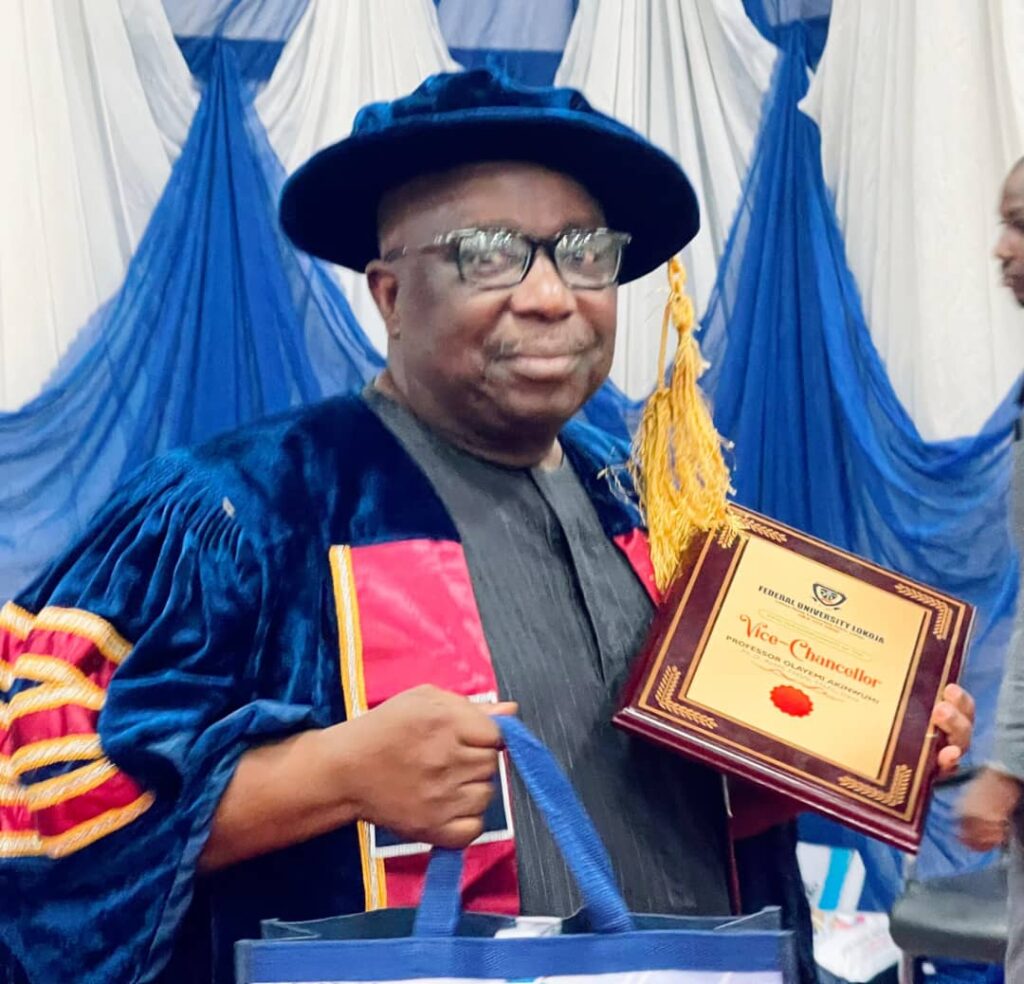The Chief Executive Officer of Centre for Journalism Innovation and Development (CJID), Mr. Dapo Olorunyomi has called for unwavering attention on Local Media with the aimed to compliment social democratic goals in Nigeia.
Mr. Olorunyomi who was the guest public lecture at the 19th Distinguish Public Lecture organized by the Federal University Lokoja, local media in Nigeria has improved and liberalised broadcasting activities in the country.
In his public lecture titled: “Local Media in the Making of a Democratic Culture” Mr Olorunyomi opnined that Local media has been a closest organ to the people.
The Lecturer who is equally the publisher of Premium Times, called for more support and encouragement towards Local Media with the view of sustainable growth in Nigeria Democratic culture.
“Since the return to civilian rule in 1999, local media in Nigeria have expanded, especially with the liberalisation of broadcasting. Dozens of community radio stations have emerged — from Freedom Radio in Kano to Splash FM in Ibadan, providing programming in indigenous languages, covering local elections, and enabling citizens to debate local governance issues. Digital platforms have also enabled hyperlocal blogs and Facebook groups that report on municipal matters and hold local leaders accountable.”
“Yet, much of the scholarship and public discourse on media and democracy tend to focus on national or global outlets, CNN, BBC, The New York Times, The Punch, Premium Times. What about the small-town radio station in Gusau, the community newspaper in Abeokuta, or the hyperlocal Facebook page covering Lokoja municipal politics?
“Local media operate closest to the people. Its journalists live among their audiences, attend the same churches and markets, and understand the community’s daily struggles. They cover local council meetings, school activities, market debates, and neighbourhood disputes that national outlets rarely notice.”
He said Scholars such as Kevin Howley (Community Media: People, Places, and Communication Technologies, 2005) define community media as “media produced, managed, and owned by a community to serve that community.”
“Howley argues that local/community media empower marginalised groups, foster civic participation, and provide alternatives to dominant media narratives. This body of work emphasises the participatory, grassroots, and localised aspects of the media.”
“For example, local radio programs in rural Nigeria have educated farmers about fertilizer subsidies, warned communities about cholera outbreaks, and even mediated land disputes. Local newspapers have exposed budget padding and absentee local officials, sparking protests and reforms.”
“From the nationalist press of the colonial era to the defiant papers of the military era and today’s community radio stations and blogs, local media in Nigeria have consistently sustained a democratic culture. It does so by informing citizens, enabling deliberation, challenging power, and representing marginalised voices, embodying the ideals envisioned by democratic theorists and enshrined in Nigeria’s Constitution.”
According to him, Local Media bridges the gap, turning private concern into public issues, in a society where the distance between government and the governed often seems vast.
“Local media contribute to democratic development in several interrelated ways, each with a significant and often measurable impact.”
“An informed citizenry is the foundation of democracy because citizens cannot make meaningful choices or hold leaders accountable if they lack accurate and relevant information. Local media provide news and analysis tailored to the immediate context of the community, issues that national outlets often overlook.”
“For example, in Jos, Nigeria, The Nigeria Standard, a state-owned local paper, reported on the dangers posed by illegal mining operations in Plateau State long before national media took notice. As a result of sustained local coverage, government agencies intervened to regulate the operations.”
“In the United States, studies have shown that voter turnout in local elections declines in counties that lose their newspapers. At the same time, government borrowing costs rise, suggesting that an uninformed public enables mismanagement,” he explained.















